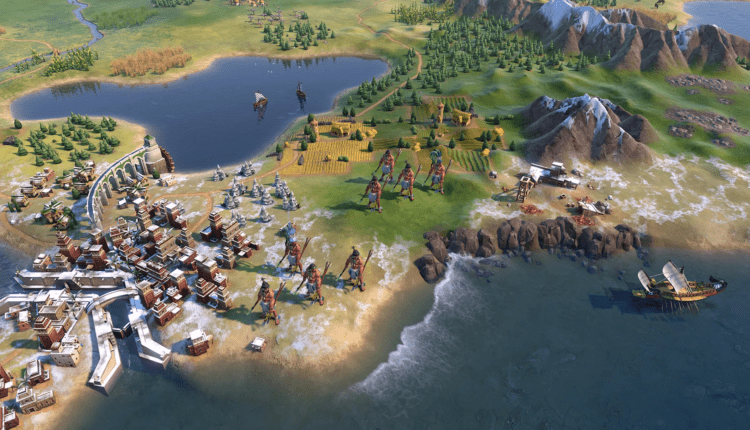Many are offended by Charles Darwin because he "demoted" man from the crown of God’s creation to one of the representatives of the animal kingdom. Not the most, we will notice, the nice representative.
Meanwhile, the whole history of mankind suggests that even if a person is a biological relative of the tailed monkeys, then a relative clearly marked by great talents and abilities. If you like, God’s spark. Because man turned out to be able to do something that other animals have not yet been able to do – get out of the cruel control of natural selection. How? By creating a shell around itself, an artificial habitat, which is commonly called civilization.
What is called this word arose historically as the realization of those small but significant differences that human ancestors possessed in comparison with other primates.
First, even primitive man had a much larger brain than his simian relatives and competitors. A large brain made it possible to remember much more information, which endowed its owner with both unusual caution and an unusual ability to foresee.
Secondly, even in the early stages of its history, man was an upright creature. Roughly speaking, already "tears from the tree." The forelimbs ceased to play a significant role in moving and were freed for other glorious deeds. Namely, to create the simplest tools. Tools and tools seriously increased the chances of a primitive man (or rather a primitive human flock) for survival. Remember, thanks to which Mowgli rose above the animal kingdom? Thanks to the knife and fire. A flint knife, fire and a stone ax became human constant companions very early. And not only them. Already existing tools were used to create new ones. The process of producing tools and tools became self-developing and self-accelerating. This is how that part of civilization that we today call technology arose.
Thirdly, man had another significant difference from his simian relatives. His vocal apparatus made it possible to produce more diverse sounds. In combination with a developed brain, this led to the emergence of a special signal system, human speech, and also to the fact that abstract thinking or thinking in images appeared. It should be said that the process of formation of abstract knowledge was also self-developing and self-accelerating. Existing words and abstract concepts have become a kind of "bricks" from which new words and concepts were built. As a result, on this basis, that part of civilization arose, which is now commonly called science.
Along with science, there was and still is a whole complex of knowledge based not on a logical, objective basis, but on the basis of subjective emotions and more or less deep experiences. It is impossible to give a clear definition of such concepts as beautiful and ugly, good and bad, useful and harmful. Many customs and beliefs are inexplicable logically. Almost incompatible with logic is religion, belief in the supernatural and miracles. Meanwhile, as it turned out, this huge and not entirely clearly organized realm of emotions is also necessary for a person, since it is a product of the activity of his extraordinarily developed brain. By-product or main product – this can be argued. However, it is undeniable that in civilization a big role is played by that part of it that deals with the comprehension and ordering of human emotions. This part is called culture.
Unfortunately, the useful skills that helped primitive man to survive and made him stand out more and more from other animals were not inherited. Therefore, in any human community, a constant transfer of vital knowledge from the previous generation to the next has been established. For what there was one more component of a civilization which is called education.
Sometimes the word "civilization" or "civilization" is used to emphasize the high level of development of a human community. They say that highly educated, technically advanced peoples have civilization, while the "savages" do not. This view is fundamentally wrong. Any human community, if it exists and survives in the struggle with nature, surrounds itself with a civilizational shell. And for seemingly primitive tribes, communications and interactions in this civilizational shell may turn out to be no less complex than for developed nations.
